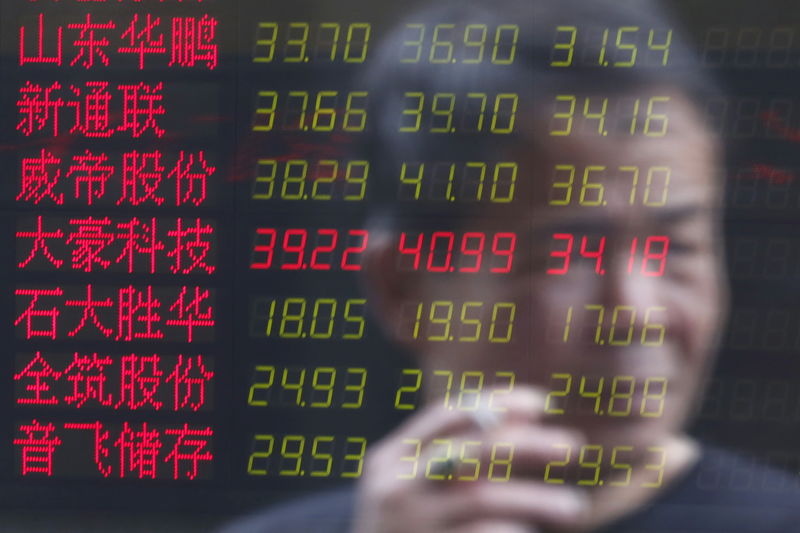Investing.com — Chinese policymakers recently introduced a range of monetary, fiscal, and equity market stimulus measures.
The move resulted in a 28% surge in FTSE China A50 over the past two weeks, prompting some investors to question whether the opportunity has passed. However, HSBC strategists believe it’s still not too late, and upgraded the mainland China market to Overweight.
The bank’s review of 30 historical rallies of over 10% in FTSE China since 2005 indicates that, on average, such rallies last for 76 trading days with gains of about 38%. In at least 25% of these cases, the increase has approached 60%.
“Chinese valuations remain attractive, trading at an 18% discount compared to emerging markets vs 5% historically,” strategists said in a Thursday note.
“Our machine learning valuations model also suggests that mainland China is still 15% undervalued based on fundamentals,” they added.
Furthermore, investors are currently underweight on mainland China by 230 basis points, placing them in the bottom 10th percentile relative to historical benchmarks. This signals the potential for more future inflows into the market.
From a sectoral standpoint, HSBC strategists favor growth sectors like consumer discretionary and information technology, as well as beneficiaries of state-owned enterprise reforms such as telecoms and high-dividend-yield stocks.
But while the stimulus is a positive sign, sustained policy support in the months ahead will be crucial to changing investor sentiment, the investment bank stresses.
Since 2021, follow-through, especially on fiscal policy, has been lacking. Still, HSBC believes that the tone of policymakers may be different this time.
It also cautions that the rapid pace of the current market rally may not be sustainable, with a potential pullback likely before momentum regains at a slower pace.
Another risk factor flagged by HSBC is the upcoming U.S. elections, with concerns over potential tariffs, particularly Mr. Trump’s proposed 60% tariff on Chinese imports.

